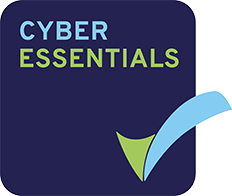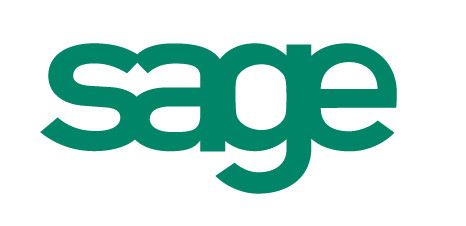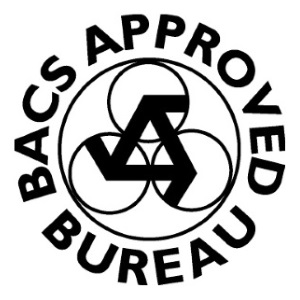Government measures and our advice
With further business closures over the weekend, and measures announced by Rishi Sunak in the Budget, the Government has embarked upon the biggest intervention in the private sector since the second world war. £350bn of aid has been promised to businesses, in the Budget and subsequently. As details are still to be clarified, here’s what we know already and how the measures might help our clients:
Help to keep your workforce employed
The government has agreed to cover 80% of a workers’ salary up to £2,500 per month via the Coronavirus job retention scheme. The scheme is being introduced to offer much needed support to both employees who have monthly bills to pay and to employers who are understandably worried about being able to remain afloat during the crisis. The Chancellor confirmed that the scheme will be backdated to 01 March 2020 and will run for three months initially, with an extension being promised if necessary. The scheme is still being prepared, and it is hoped that the first grants will be available via HMRC by the end of April.
ACTION: It is still at least 6 weeks before the first grants will be available in April. We will support our clients with making these claims where required.
Business Interruption Loan Scheme
The new Coronavirus Business Interruption Loan Scheme that is being launched next week has now been amended to make the first 12 months interest free. Loans of up to £5 million will be available from Monday 23 March, but be aware that they are loans, and will need to be paid back.
ACTION: Speak to your accountant about your suitability for a loan and capacity for taking on debt.
VAT bills will be deferred
VAT Registered businesses that have a VAT payment due between 20 March and 30 June (the deferral period) will now have until the end of the financial year (5 April 2021) to pay the bill without incurring any interest or penalty charges, instead of the usual one calendar month plus seven days. This is an automatic deferral and no need to apply to HMRC.
ACTION: VAT returns will need to be prepared, calculated and submitted so we will still be in touch to make sure everything is correct. If you can’t complete and file your returns due to sickness or staff shortages, record the reason for the delay so can appeal any late filing penalties.
Help for the self-employed
The self-employed can now receive the same level of universal credit equivalent to SSP for employees. In addition, self-employed taxpayers who are due to make a second payment on account in July 2020 will no longer have to meet the deadline; instead, the next personal tax payment deadline will now be January 2021. Read our separate article on help for the self-employed which will detail any changes.
ACTION: The Government response for the self-employed feels lacklustre at best. The Government has described it as ‘operationally difficult’ to administer help to the self-employed, so we await further measures to be announced. Consider taking a three month mortgage holiday, though these are not available for buy-to-let investors. The deferral of the second tax deadline is welcome, though the payment will still be liable in January 2021, so you should speak to your accountant and start planning for a larger tax bill then.
Summary
Government measures above, as well as the £10,000 grant to businesses eligible for Small Business Rates Relief, provide a welcome influx of help for businesses and employees. Small business owners will be reassured that their employees will get help, but are left wondering at the help they themselves will receive.











